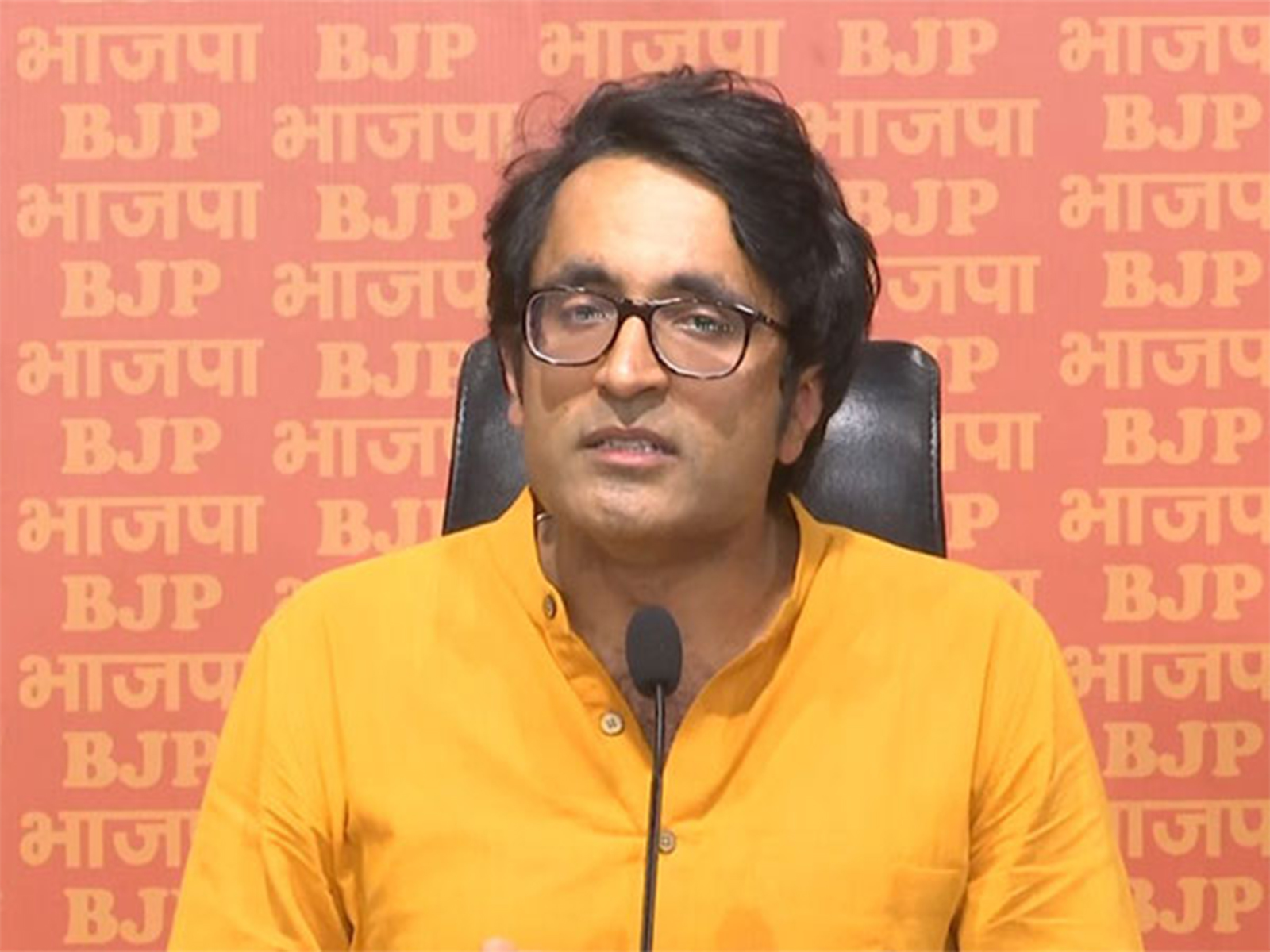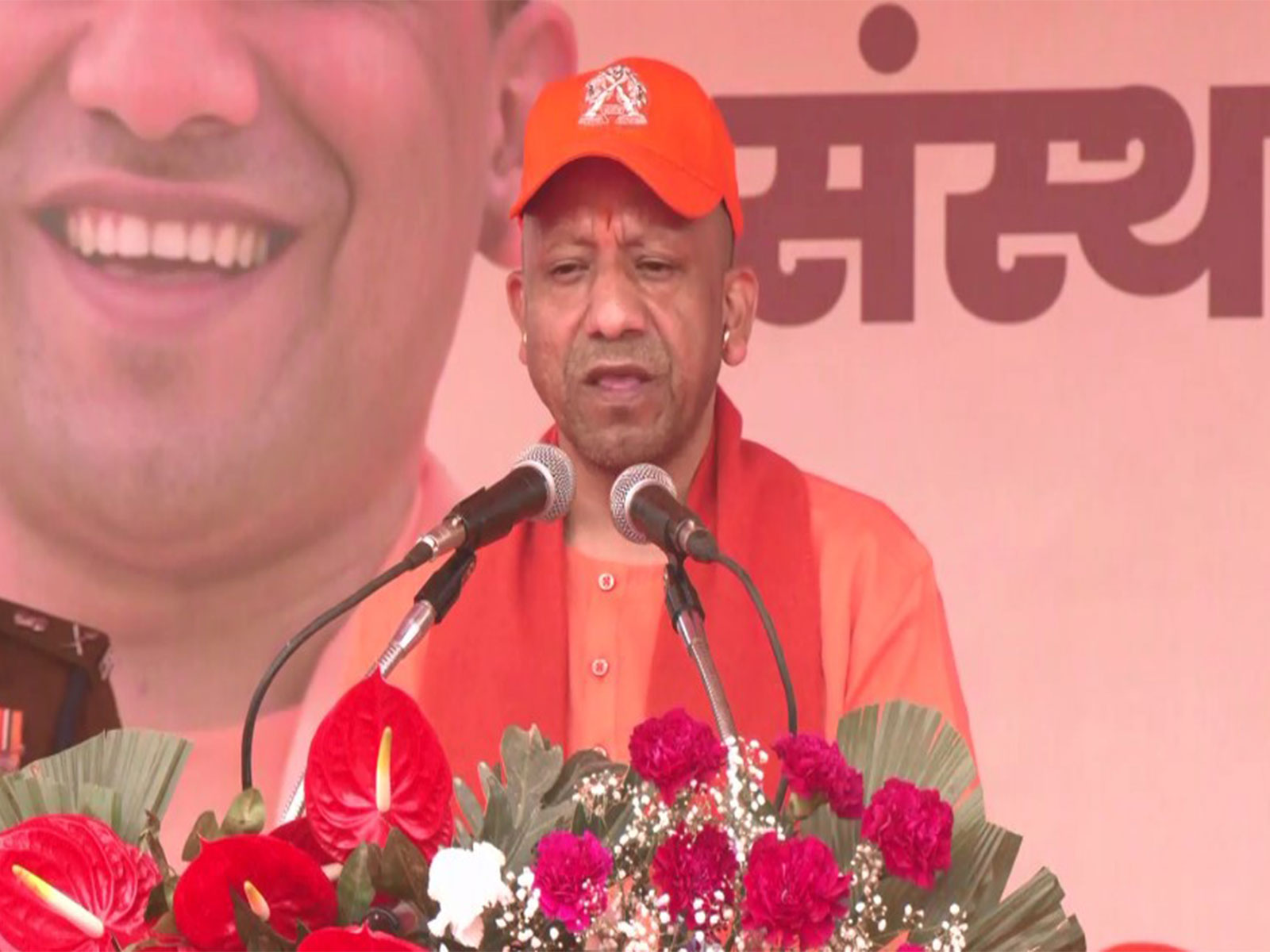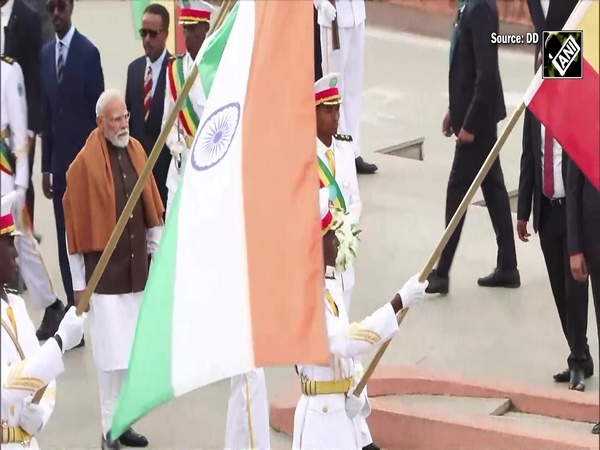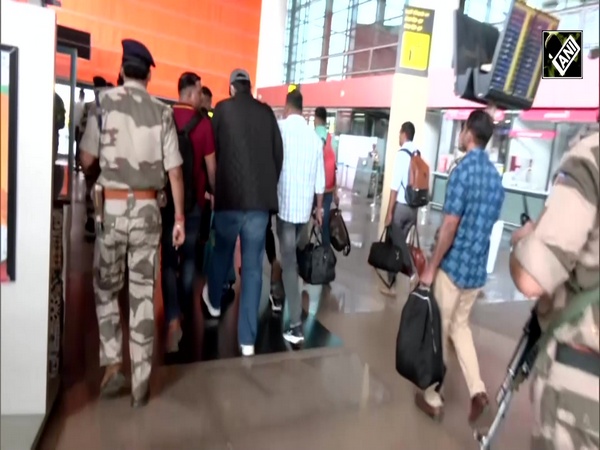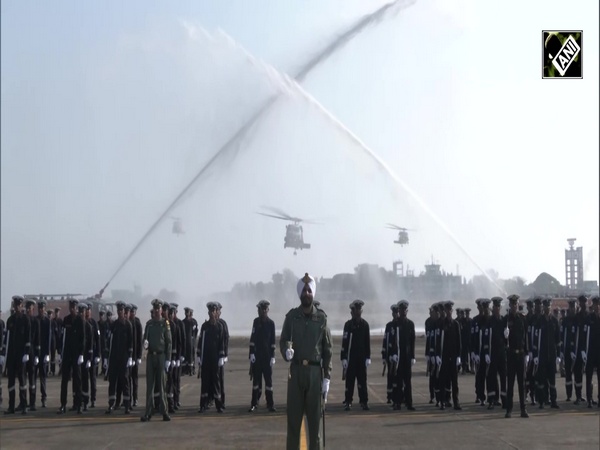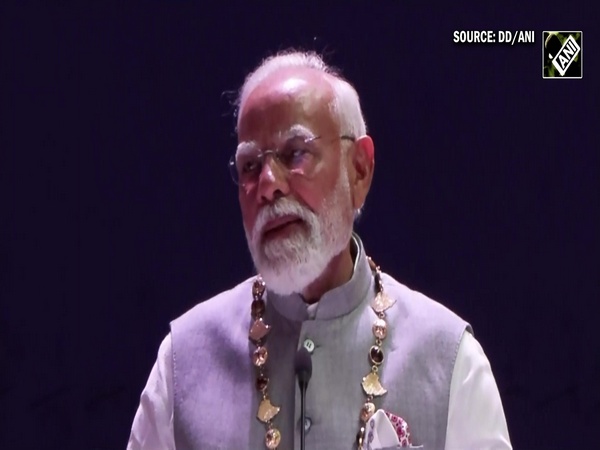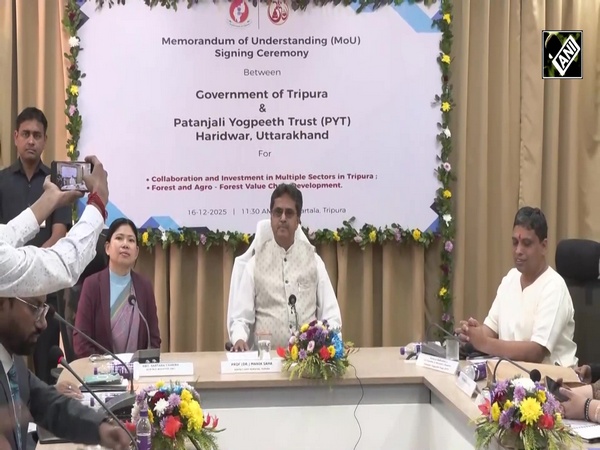After Taliban took power in Kabul, terror attacks in Pakistan surged
Jan 05, 2022

Islamabad [Pakistan], January 5 : After the Taliban took control of Kabul and Afghanistan, terror attacks in neighbouring Pakistan have surged, contradictory to Prime Minister Imran Khan's claims of having defeated terrorism.
Terror attacks actually rose by 56 per cent in Pakistan, with the majority of them fuelled by the return to power of the Taliban. The spurt began in May last year when the Taliban had swept through large parts of Afghanistan, much of it with Pakistan's logistic support and the participation of some 6,000 fighters of the Tehreek-e-Taliban Pakistan (TTP) and other Pakistan-based Sunni extremist groups who enjoy ideological affinity with the new Kabul rulers, International Forum For Right And Security (IFRAS) said in a report on Wednesday.
The development has also resulted in the rise of Islamic State-Khorasan (IS-K) in the region. The IS-K is challenging the new rulers in Kabul.
The affiliate of the IS focuses on South Asia, challenging the new government in Kabul, thus muddying waters for both the Taliban and for Pakistan that has been confidently awaiting the benefit of its Taliban's sponsorship by gaining what it bills as "strategic depth." Analysts call it "strategic landmine" that Pakistan has set foot on, the report added.
IS-K has claimed several attacks in Afghanistan after the US withdrawal and the Taliban's return to power. The group has been also behind some attacks in recent months in Pakistan. These attacks by the IS-K have exploited the political opportunities to establish itself as the pre-eminent resistance to Afghanistan's Taliban and its allies in Pakistan.
The figures gathered and analysed by Islamabad-based think tank Pakistan Institute for Conflict and Security Studies (PICSS) show that after a consistent decline in militant attacks for the past six years, Pakistan witnessed a 56 per cent increase in the number of terror attacks during 2021. In 2021, militants carried out 294 attacks, killing 388 people and wounding another 606, according to the report that details the rising frequency, lethality and geographic scope of terror attacks across Pakistan this year, said IFFRAS.
Neither Islamabad nor Kabul has commented on the report yet. But heads in both countries have attempted to downplay the IS-K threat.
Pakistan's Balochistan is the most turbulent province of the country accounting for the highest number of deaths (170) in 103 militant attacks. The highest number of injured were also reported in Balochistan, where over 50 per cent of all injuries from militant attacks in the country occurred (331), the PICSS Militancy Database shows, said IFFRAS.
Khyber Pakhtunkhwa's tribal districts were the second most impacted region in the country. In the over 100 attacks, which occurred in the region, 117 people were killed while 103 were injured.
According to IFFRAS, Khyber Pakhtunkhwa (excluding the tribal districts) was the third most affected region. Fifty-nine militant attacks occurred there, resulting in 63 deaths and 59 injuries. In Sindh, PICSS reported 15 militant attacks in which 23 people were killed and 29 injured.





